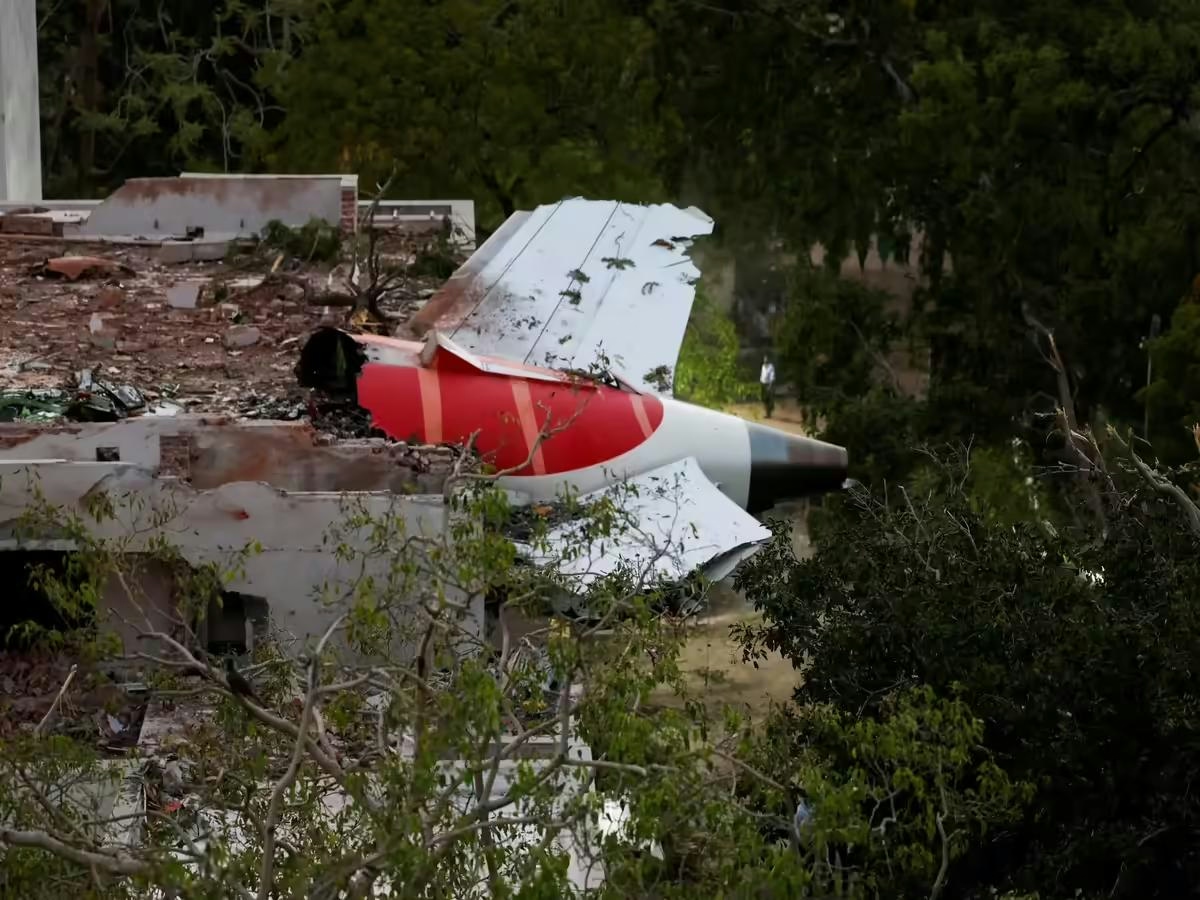AeroGenie — Your Intelligent Copilot.
Trending
Categories
AI 171 Likely Experienced Double Engine Failure Due to Technical Flaw, Flight Simulation Reveals

Air India Flight 171 Likely Experienced Double Engine Failure Due to Technical Flaw, Flight Simulation Reveals
More than two weeks after the tragic crash of Air India Flight 171, which resulted in the loss of 241 lives, investigators are increasingly focusing on the possibility that a double engine failure caused by a technical flaw was the primary factor behind the disaster. The Boeing 787 aircraft crashed shortly after takeoff from Ahmedabad, leaving only one survivor among the 242 people on board. While pilot error and malpractice have not been definitively ruled out, early evidence points toward a mechanical malfunction as the leading cause.
Insights from Flight Simulation
To better understand the sequence of events leading to the crash, Air India pilots conducted a flight simulation replicating the conditions of the ill-fated flight, including the landing gear position and wing flap settings. This simulation, carried out independently of the official investigation by India’s Aircraft Accident Investigation Bureau (AAIB), demonstrated that these factors alone would not have caused the crash. Coupled with evidence that the aircraft’s emergency power unit activated seconds before impact, the findings have shifted investigative focus toward a potential technical malfunction—specifically, the simultaneous failure of both engines.
Flight simulation employs sophisticated computer models to recreate the physical and operational environment of an aircraft. By simulating pilot inputs, weather conditions, and technical failures, these tools enable investigators and engineers to analyze accidents and explore alternative scenarios. In this case, the simulation was instrumental in excluding certain factors and underscoring the likelihood of a technical fault leading to the double engine failure.
Broader Implications for Air India and Indian Aviation
The emerging findings present significant challenges for Air India, which is currently undergoing a major transformation under its Vihaan.AI program. The crash threatens to undermine the airline’s efforts to restore its reputation and operational momentum. Beyond the airline itself, the incident raises broader concerns regarding Boeing’s safety record and the robustness of India’s aviation regulatory oversight. These issues have the potential to reshape the country’s aviation sector and may affect inbound tourism and business travel, as global confidence in Indian aviation faces a critical test.
Early Investigation Developments
The AAIB has yet to issue a formal statement as the investigation remains in its preliminary stages. Confirmation of the exact cause of the suspected engine failure awaits full analysis of data retrieved from both flight recorders. Pilots reviewing crash footage observed delayed retraction of the landing gear and indications of hydraulic system problems. Modern aircraft such as the Boeing 787 rely on Full Authority Digital Engine Control (FADEC) systems to manage engine performance; however, the deployment of the backup Ram Air Turbine (RAT) prior to the crash suggests a severe electrical failure. The pilots issued a Mayday call shortly after takeoff, and the aircraft crashed into a medical college hostel within 15 seconds of the distress signal.
As the investigation progresses, the Air India Flight 171 tragedy remains a pivotal moment for the airline’s reinvention and for the future trajectory of India’s aviation industry.

Emirates Unveils Cabin Design for New Boeing 777X

Eighteen Years On, the Airbus A380 Remains Central to a $34 Billion Airline

How a boom in luxury airline seats is slowing down jet deliveries

Navitaire Outage Attributed to Planned Maintenance

DigiYatra Debuts Outside Aviation at India AI Impact Summit

Vietnam Orders Strengthen Boeing’s Commercial Outlook

Airbus Signals Uncertainty Over Future A400M Orders

JobsOhio Awards $2 Million Grant to Hartzell Propeller for Innovation Center

Collins Aerospace Tests Sidekick Autonomy Software on YFQ-42A for U.S. Air Force CCA Program

How the Airbus A350-1000 Compares to the Boeing 777
